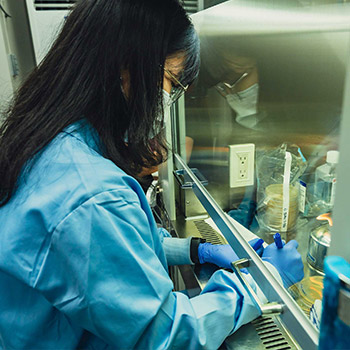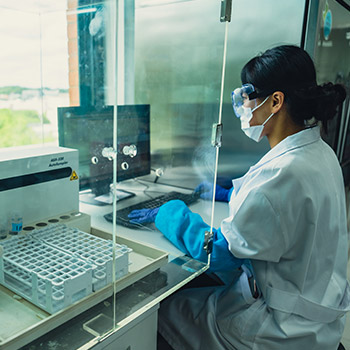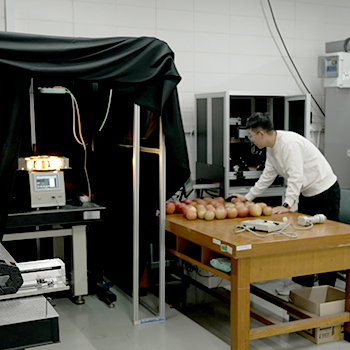Metagenome-based microbial metabolic strategies to mitigate ruminal methane emissions using Komagataeibacter-based symbiotics
□ o Methane produced in the rumen—the main digestive organ of ruminants—is recognized as a major contributor to greenhouse gas emissions from global livestock industries. While chemical additives and antibiotic-based inhibitors have been previously investigated, their limited sustainability and adverse effects on the gut microbiota present significant challenges.
o The research team identified Komagataeibacter intermedius SLAM-NK6B, isolated from fermented kombucha, as a strain capable of significantly mitigating methane emissions. This strain modulates ruminal metabolic flow at the pre-methanogenesis stage, producing a suite of bioactive metabolites that directly and indirectly suppress methanogenic archaea.
o SLAM-NK6B synthesizes key metabolites such as cellulose, citrate, malate, and methanobactin, which either compete with methanogens for substrates or inhibit their enzymatic activity. These mechanisms were quantitatively validated through integrated metagenomic analysis and targeted metabolite profiling.
o In vitro rumen fermentation trials demonstrated a significant reduction in both methane concentration and total production in SLAM-NK6B–supplemented groups. Furthermore, the profile of volatile fatty acids (VFAs) shifted toward a more energy-efficient composition, suggesting functional reprogramming of the microbial community and altered bioenergetic metabolism.
o The paper, titled “Metagenome-based microbial metabolic strategies to mitigate ruminal methane emissions using Komagataeibacter-based symbiotics”, is scheduled for publication in the July 2025 issue of Science of the Total Environment (DOI: 10.1016/j.scitotenv.2025.179793).











